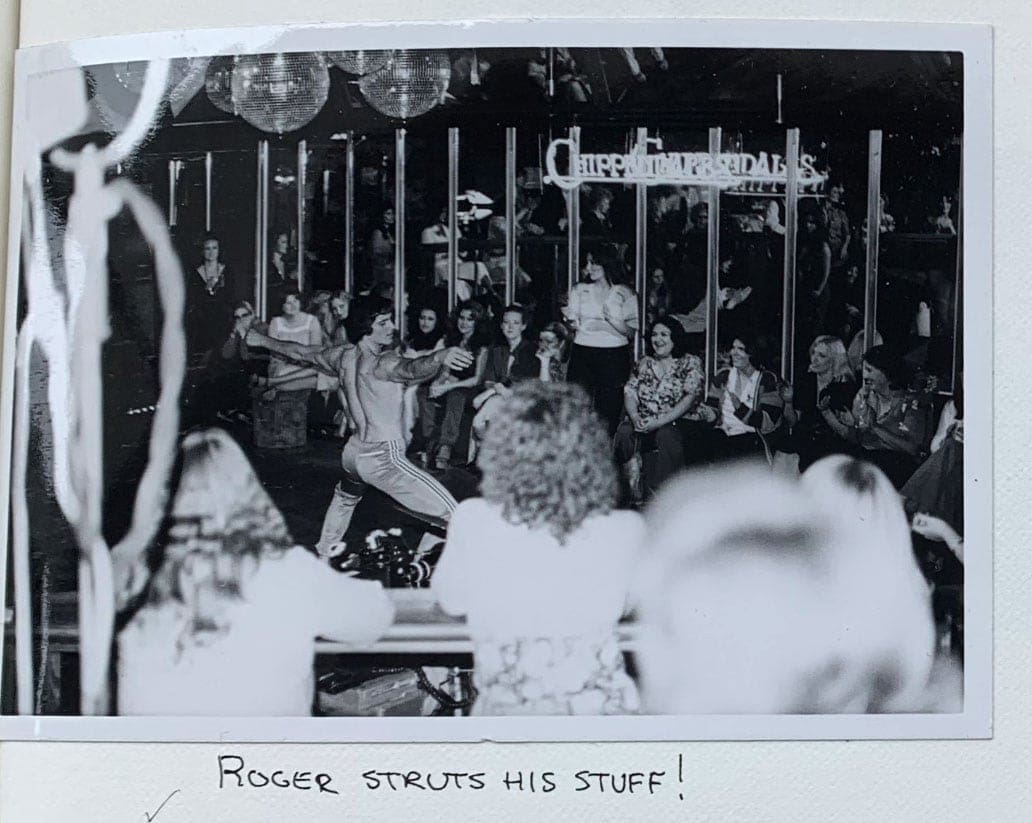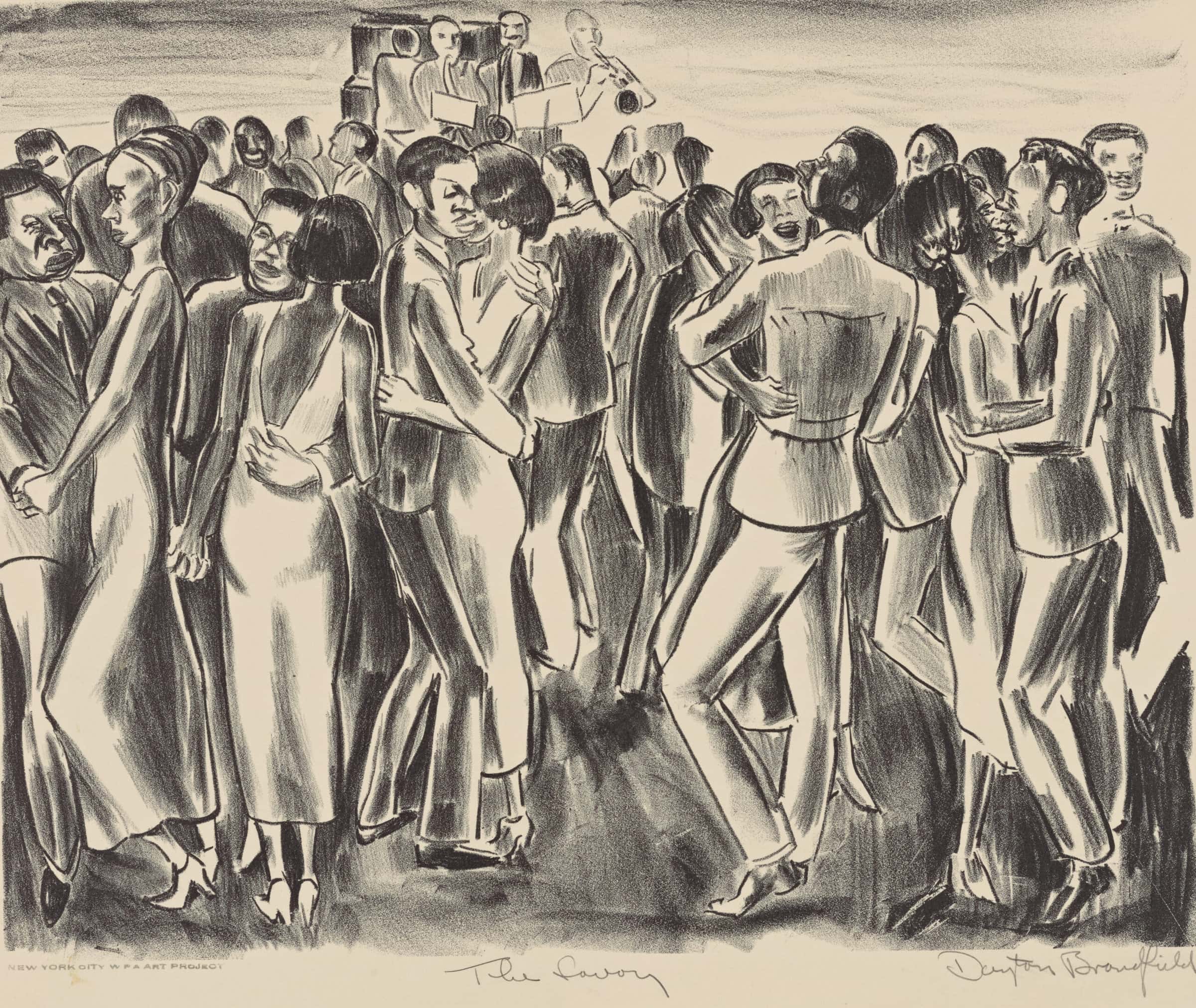The harassment takes many forms: threatening phone calls, texts with graphic images, emails and petitions sent to employers, threats of rape and murder.

While many have found community online, some historians experience endless harassment on social media. JJ Ying/Unsplash
Many historians have become uncomfortably aware—or targets themselves—of coordinated harassment on Twitter and other platforms. The harassers attack not just historians but scholars from other fields who write about everything from sports, to LGBTQ+ issues, to medieval history and literature. Scholars who are Black, Indigenous, and people of color or who identify with other minoritized communities, along with women, often face the most vicious abuse. A single harasser with a large platform can quickly mobilize their followers to attack a scholar whose work they feel threatens their worldview—and the onslaught can go on for months or even years.
Perspectives recently spoke with historians who have been targeted by neonationalists abroad, eliciting responses by scholarly associations defending academic integrity and freedom. But there are many others—in the United States and in other countries—who could share similar stories. This article sheds a light on the experiences of a few, in the hope that the community may better understand what colleagues who experience such attacks are going through and how best to support them. Dealing with vicious harassment takes a huge toll on a person, professionally and personally. “Most of us who chose this profession never dreamed that our jobs might entail this,” said Ananya Chakravarti (Georgetown Univ.). “Contemplating the hatred and violent language by these harassers can cause real harm.”
It’s not simply the rise in social media use that has led to such attacks. Right-wing politics across the globe have empowered neonationalists who feel threatened by scholars whose work shatters the national myths they promote. Those they attack often focus on historical violence against minorities, aligning with the neonationalists’ own prejudices. Scholars in countries governed by neonationalists, and those who travel to them, can face physical and legal harassment—even imprisonment—for pursuing responsible historical inquiry. When neonationalists can’t physically intimidate scholars, they resort to online threats.
The situation for Polish historians, especially those working on World War II and the Holocaust, has steadily worsened as Polish nationalists have taken the reins of governmental power and weaponized it against scholars since 2015. For Jan Grabowski (Univ. of Ottawa), the social media harassment he has experienced is part and parcel of broader physical and legal harassment. Grabowski’s assailants dismiss Polish participation in violence against Jews during and after World War II and promote other Holocaust denialist myths. His harassers have “quite clearly been steered, controlled, and orchestrated by institutions of the Polish state or NGOs funded by the government.” He explained, “In normal democratic countries, these haters don’t have the institutional power of the state giving them a green light. Here, they do.”
When neonationalists can’t physically intimidate scholars, they resort to online threats.
In a similar vein, the rise of Hindu nationalists in the government in India have emboldened those who espouse the ideology known as Hindutva. These Hindu nationalists “are highly sensitive about a range of topics in South Asian history, especially caste-based discrimination, Indo-Muslim rule, and the internal diversity of Hinduism,” explained Audrey Truschke (Rutgers Univ., Newark).
Japanese neonationalists seize on issues that “are politically sensitive within Japan, and certain historical topics that the Japanese neonationalist right-wing is particularly invested in,” said Amy Stanley (Northwestern Univ.). The harassers use social media to boost their message and coordinate attacks against scholars. “Some with large followings specifically tweet at right-wing politicians in an attempt to gain their ear, and have even had their content promoted by them,” noted Paula R. Curtis (Univ. of California, Los Angeles).
Historians of Japan have joined together to combat online harassment, in Japan and abroad. “Historians in Japan have often been our best allies and partners, because this issue affects them even more than it affects us,” said Stanley. “The harassment is not coming from within the academic community. Japanese historians have also been very concerned about this and have made their own efforts to get their scholarly and academic institutions to address it.”
In other cases, fear of government reprisals has successfully chilled academic solidarity with historians being harassed or prosecuted. In February 2021, Grabowski and Barbara Engelking were convicted for libel in Poland regarding their co-edited book, Night without End: The Fate of Jews in German-Occupied Poland (Polish Center for Holocaust Research, 2018). Their convictions were overturned on appeal, but Grabowski has seen diminished support from Polish colleagues and institutions. “Until two years ago, I was very much solicited as a speaker at Polish universities.” But since the trial began, his invitations have dried up: “People are afraid, and institutions are afraid.” The AHA’s letter to Polish government officials in support of Grabowski and Engelking emphasized the right of historians to conduct impartial research “that reveals uncomfortable facts about a nation’s history.” But neonationalists frequently view “uncomfortable” history as directly threatening the myths they promote.
Debates that begin in academia can spiral on social media and draw in neonationalists and harassers. The history of “comfort women,” women the Japanese military forced into sexual slavery during World War II, is a lightning rod on social media. In December 2020, law professor J. Mark Ramseyer (Harvard Univ.) published an article in the International Review of Law and Economics claiming that the comfort women were well paid and voluntarily performed sex work for the Japanese army via a system of contracts. In March 2021, Stanley, Hannah Shepherd, Sayaka Chatani, David Ambaras, and Chelsea Szendi Schieder published one of the first scholarly refutations, “‘Contracting for Sex in the Pacific War’: The Case for Retraction on Grounds of Academic Misconduct” (Asia-Pacific Journal: Japan Focus, 2021). They laid “out the distortions and misrepresentations of sources that we have found in Ramseyer’s article” and urged it be retracted, arguing that “its inaccuracies are more than superficial errors; they completely undermine the article’s claims.”
Ramseyer’s article and scholars’ critical responses to it have received international attention in the media and from politicians in the United States, Japan, China, and South Korea. Praising Ramseyer’s article are neonationalists who have long tried to bury the stories of the comfort women and felt legitimized by a Harvard professor’s article and his continued defense of it. For over a year, they have viciously harassed the authors of “The Case for Retraction,” scholars who published related articles in other media, and even others who simply tweeted praise of the refutation. The harassment has included coordinated social media attacks, emails to their institutions, and other threats, with the worst of the harassment directed against women and Japanese scholars. In November 2021, the Association for Asian Studies issued a statement denouncing “the harassment of Asian Studies specialists, especially regarding recent online targeting of historians who are contributing to our understanding of WWII-era Japan.” But it has continued unabated.
Solidarity among the historical community is more vital than ever.
In addition to targeting individuals, harassers have launched coordinated attacks against conferences and organizations. The scholars and university sponsors of Dismantling Global Hindutva, an online conference in September 2021, received death threats against themselves and family members. “One-click emails were generated to bombard university servers with nearly a million letters to stop the conference,” said Chakravarti. “There is nothing spontaneous or organic about such organized harassment.” The AHA released a statement condemning the harassment and intimidation of those involved in the conference, stressing that “disruptions to a conference represent an assault on the principle of academic freedom.”
Harassers also target the institutions that support or employ those they disagree with, often accusing historians of racism. “They co-opt the language of social justice,” said Stanley. “They’ll write that criticizing the Japanese empire is racist toward the Japanese people. Because universities are set up to be very sensitive—and rightly so—to accusations about racism, the harassers have decided this is a very good way to get institutions’ attention.” Hindu nationalists, too, have “leveraged the conversation around social justice in academia to silence academic scrutiny of their ideology or of the current regime in India,” said Chakravarti.
Once harassers target a historian, they’ll attack anything the historian shares online. “It seems that I first caught their attention for my work around the comfort women issue, but it quickly snowballed as they found other things I had said that they wanted to be offended by,” related Stanley. Grabowski knows that every word he writes on social media—even on his friends-only Facebook page—is likely shared with the Polish government. The tension of wanting to share your scholarship and interests on social media, while knowing that your accounts are monitored by those who mean you harm, is stressful and draining.
What can be done in the face of online harassment? Institutional support can be key, for scholars who have the benefit of such backing. “It’s essential that institutions take a public stance against online forms of harassment and fully investigate and educate themselves on the nature of the issue at hand when it does happen,” said Curtis. Violent threats should be reported to one’s institution and campus or local police. Scholarly associations can also provide public support or assistance behind the scenes. In 2022, the Association for Asian Studies will provide a platform for a three-part series of online events on digital harassment of scholars and activists in Asian contexts, organized by Curtis and several other scholars.
A sense of solidarity is also crucial, both professionally and personally, especially for those who lack institutional support. “Much as the harassment elicited by the conference was utterly appalling, I was heartened by how quickly and effectively academics came together to stand firm in its face,” said Chakravarti. Reaching out to a scholar’s institution—explaining that a colleague has been targeted by politically motivated harassers—can provide important support, particularly if the colleague is contingently employed or up for promotion. “One common response that is unhelpful is silence,” said Truschke. “We stand stronger when we stand together.”
Recognizing the significance of academic freedom on social media is also important. Curtis noted, “Many people do not fully understand the importance of digital spaces in the work of historians. These are the people who say, ‘Why don’t you just turn it off?’ or ‘Why don’t you just log out?’ But to do so would only invigorate those who would misuse the past and leave them and their mobilization of false narratives unchecked.” Stanley agreed that advising scholars to stay off Twitter or close their account is “profoundly misguided, because it blames the victim. Scholars need to be on Twitter to promote their work and engage in scholarly discussions. This is a public sphere.”
With the rise of right-wing nationalism around the world—including in the United States—online harassment is likely to escalate, with harassers targeting those who promote fact over nationalist myths. Solidarity among the historical community is more vital than ever. Defending academic freedom and integrity and dismantling historical myths has long been the calling of many historians. Now the community faces such tests on new platforms across the globe.
If you or a colleague is being harassed on social media, some resources that offer guidance include the AHA’s Guide for Dealing with Online Harassment, PEN America’s Online Harassment Field Manual, and the South Asia Scholar Activist Collective’s Hindutva Harassment Field Manual.
This work is licensed under a Creative Commons Attribution-NonCommercial-NoDerivatives 4.0 International License. Attribution must provide author name, article title, Perspectives on History, date of publication, and a link to this page. This license applies only to the article, not to text or images used here by permission.



